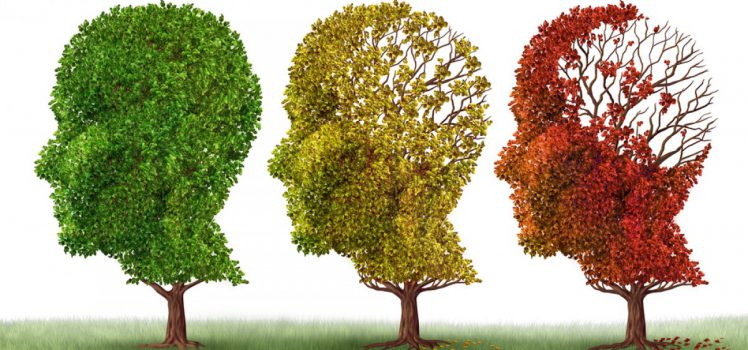The Cure for Alzheimer: Catch the Earliest Signs of Brain Damage and Repair it Before it Gets Late

21st of September is World Alzheimer’s Day and we at FindMeCure decided to raise awareness about the disease and give you some useful information about the condition itself and what can be done about prevention. Our database shows 357 clinical trials for Alzheimer’s disease worldwide, so the fight is clearly going strong and a cure for this kind of dementia will soon be discovered. But in the meantime, get informed about what the disease really is and what you can do to try and prevent it.
Before reading further, find out what the newest therapies in development for Alzheimer are. Type the condition in the field below and find available clinical trials immediately:
Ok, first of all, let us dispel a common myth – Alzheimer’s is not in any way a “normal” part of aging and even though aging can be a risk factor and most people suffering from the disease are over 65, there is such a thing as early-onset Alzheimer’s, which affects people under 65. Since we’re talking about a progressive disease, it’s true that Alzheimer’s symptoms worsen over time and late-stage Alzheimer’s patients suffer severe memory loss and eventually become completely unresponsive to their environment. However, there are many other factors which can affect the development of the illness.
Here are some quick facts about Alzheimer’s:
- AD (Alzheimer’s disease) is accountable for between 60% and 70% of the cases of dementia.
- Alzheimer’s is among the leading causes of death in the US and the average lifespan of the patients is 8 years after the symptoms become evident to others, mostly due to loss of bodily functions.
- Currently, there is no cure for the disease – only treatments which slow down the worsening of the dementia symptoms.
- It is believed that the cause is genetic and other risk factors may be head injuries, history of depression or hypertension. However, there are many other hypotheses being considered in the fight against the disease, so research is still in progress.
- The development of the disease is generally divided into 4 stages: pre-dementia, early, average and advanced. However, unlike most diseases, even caught early, the disease can’t be cured – yet. Only slowed down.
The symptoms of Alzheimer’s are often attributed to the natural course of aging, which can delay diagnosis. Short-term memory loss is one of the early signs since Alzheimer’s first affects the part of the brain responsible for learning and processing new information. Other symptoms to look for include:
- Impairment in the ability for abstract thinking or semantic memory.
- In the early stages, there might also be present some psychological problems such as mild depression or apathy.
- Difficulties with language (smaller vocabulary), perception or even movement are also characteristic of the early stages of AD.
- At a later stage, patients are unable to properly perform daily functions, reading and writing skills are lost, long-term memory, previously unaffected, is also progressively lost and the patient may be unable to recall big events in their life, family members and friends.
- There are also behavioral difficulties such as mood swings and irritability that may lead to outbursts of aggression.
- At the final stage, the symptoms worsen, eventually leading to loss of speech and mobility. The cause of death, however, is not the disease itself, but another ailment such as infection.
So what can be done?
There are many hypotheses on what causes Alzheimer’s but currently, there is no solid proof backing any of them as the single-cause-of-all, so it is widely accepted that there are many contributing factors.
Unfortunately, apart from all the by now cliché advice on looking after your general health by watching your eating habits and physical (and in this case – mental) activity, not much can be done to prevent the disease at this point. But Lisa Genova suggests that the future of AD medicine, after all, is prevention – clinical trials on the disease nowadays mainly focus is on catching the earliest possible signs of brain damage and repairing this damage before it reaches a “tipping point”.
For more on this, watch her TED talk where she brilliantly explains when and where the disease really starts and what the future medical advancements may hold for prevention.


Merci pour l’article